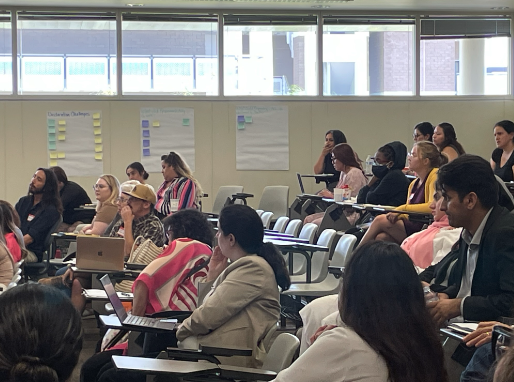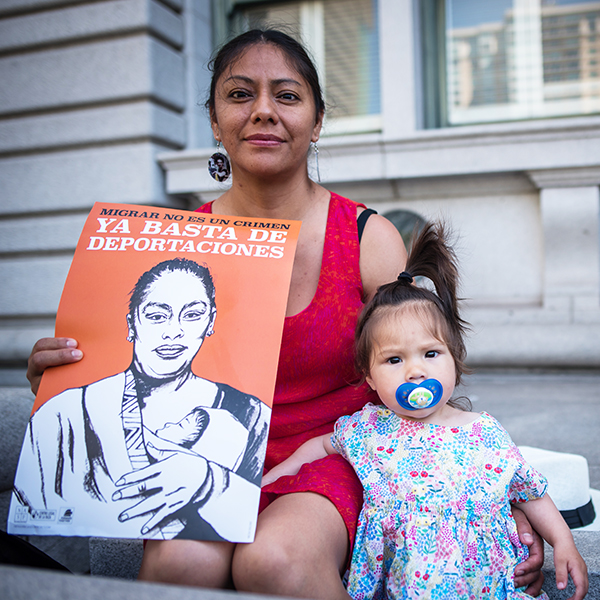No Results Found
The page you requested could not be found. Try refining your search, or use the navigation above to locate the post.
Our primary mission is to ensure that immigrants have access to care. We do this by documenting inequities, removing structural barriers to healthcare and resource access, and promoting cross-disciplinary collaboration.

We design trainings and written resources to educate health and legal services providers, stakeholders, and policy makers on the intersection of trauma, health, and immigration relief. In addition to educating advocates and adjudicators on the compound trauma these asylum seekers experience, ImmHELP members can play a crucial role in educating medical and mental health providers about immigration legal processes and the role they can play in advocating for change. Relevant topics may include trauma, the elements of forms of legal relief, trauma-informed care principles, vicarious trauma, the cycle of violence, and integration of services. These trainings will better prepare practitioners working with immigrant children and families and, as a result, better serve these children and families as they navigate immigration and healthcare systems. The combined expertise of our medical-legal partnership means we can advocate for a trauma-informed and healing-centered approach that considers cultural differences among diverse communities of immigrants.

Immigration courts frequently fail to consider current scientific knowledge regarding the impact of trauma in case procedures and decision-making, resulting in poor legal, health, and performance outcomes for immigrant families. ImmHELP attorneys and healthcare professionals address this problem by developing expert reports, legal declarations, and other litigation resources that can make a life-saving difference in immigration cases. For example, ImmHELP’s expert reports, also known as “universal declarations,” provide a general overview of the scientific and clinical consensus regarding the impact of multi-layered trauma – e.g., to inform an immigration judge why an asylum seeker may present inconsistent testimony due to the trauma she experienced in her home country. These declarations can serve as evidence in support of a claim for immigration protection and may be submitted in numerous cases. They can make a critical difference for low-income and indigent immigrants, especially unaccompanied children, who often cannot afford expert fees for an individually tailored declaration, which can cost upward of $1,000.

We develop best practices and guidance around working with immigrant children and families and to model trainings and resources for others across California, strengthening trauma-informed and immigrant-informed approaches to provision of legal and medical services.
Some of these resources include: